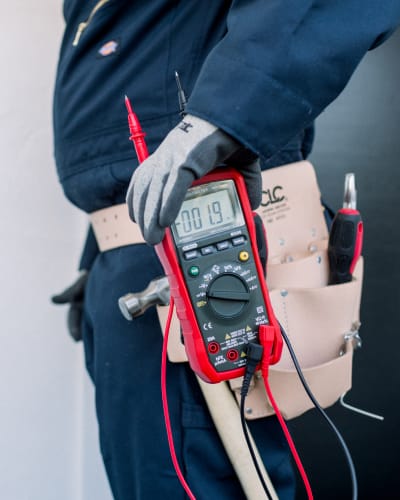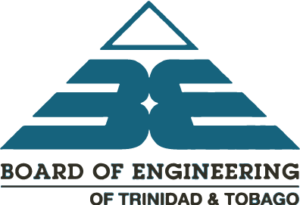About us
The functions of the Board are:
The Board of Engineering of Trinidad and Tobago was established as a corporate body by the Engineering Profession Act No. 34 of 1985. The functions of the Board as prescribed by the Act are:
- To assess the qualifications and experience of persons applying for registration as a Registered Engineer;
- To conduct examinations of persons applying for registration as a Registered Engineer;
- To register engineers and issue Certificates of Registration;
- To monitor adherence to and investigate breaches of the Code of Ethics
- To keep published for public scrutiny and notified in the Gazette a list of qualifications and institutions recognized by the Board in respect of engineering training required by the Act.
- To advise the Minister on such amendments to the Act as considered desirable
- Generally, to regulate the practice of engineering in accordance with the Act.
‘Engineer’ means a person who, through specialized education, training and experience, is skilled in the principles and practice of Engineering;

Fee Structure
| The Board of Engineering advises of the following changes in its fee structure: (Prices are in TT$) | ||
| Application Fees | ||
| Current: | $200.00 | |
| Registration Fees | ||
| With Traditional Stamp: | $850.00 | |
| With Self-Inking Stamp: | $1200.00 | |
| Cost of Traditional Stamp: | $200.00 | |
| Cost of Self-Inking Stamp: | $600.00 | |
|
The current Practice Fees are as follows: |
||
| Members of APETT: | $700.00 | |
| Non APETT: | $825.00 | |
| Retired Persons: | 50% of the above | |
Registration Certification by the Board of Engineering means the following:
- An Obligation by the Engineer to conform to a Legislated Code of Ethics
- A Rigorous assessment of the Engineer’s professional competency
- Demonstrative validation of the Engineer’s expertise in his/her specialty
- Demonstrated competency and professional commitment by the Engineer
- Confidence and trust that the Engineer has met recognized academic and professional standards in his/her profession
- Accountability by the Engineer for any unethical practice.
- Obligation of the Engineer to protect the public health, safety and welfare
- Commitment by the Engineer to demonstrate professional competency, objectivity, confidentiality and ethicality.

